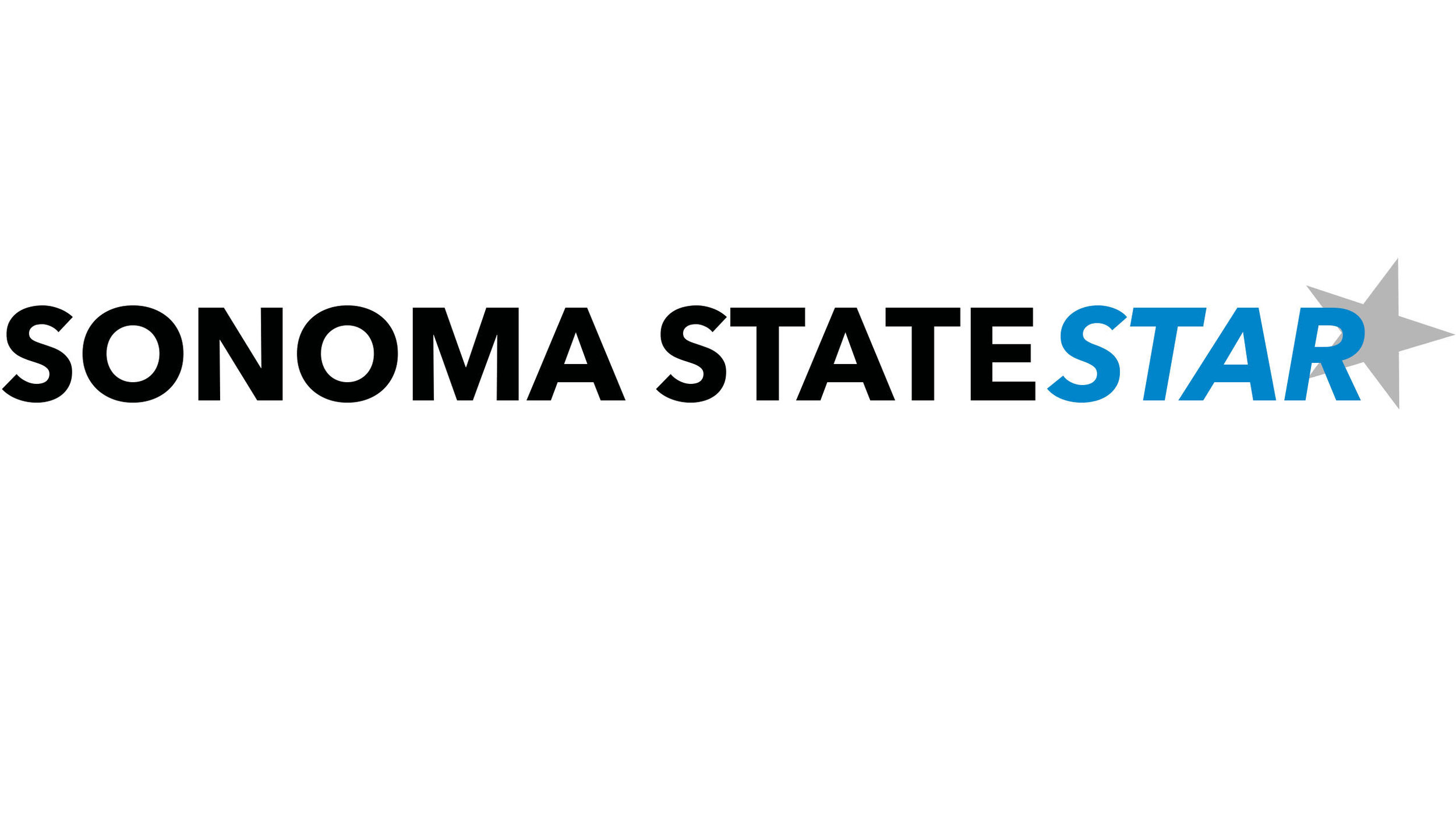Greeks weigh new drug and alcohol trainings
/Greek organizations are required to complete multiple trainings, one of which is on drugs and alcohol education. However this semester, many organizations are veering from their usual training and opting for an alternative option.
Drug and alcohol training is nothing new on college campuses. Sonoma State is just one of many schools that have implemented prevention programs to educate students on the dangers of abusing drugs and alcohol. An example is the Drug and Alcohol Prevention Program, the DAAPP. This alternative option has been perceived as additional training which has raised concerns for some students.
According to the Division of Student Affairs, DAAPP is “intended to support student and employee health, safety and security by increasing awareness, preventing abuse, and decreasing potential drug and alcohol related crime.”
“With Greek life being associated with partying across the country, it’s good to learn these things though the [view that] Greek life is not [just about] partying,” said third year kinesiology major, Libby Sarto.
Abbie Page, who is the advisor for Sorority and Fraternity life clears the confusion stating, “Usually, chapters complete the alcohol and drug training in their chapter meeting with a guest speaker or representative from their headquarters, however, this semester we have so many on campus opportunities that may fulfill the requirement as well.”
Save a Seawolf was a program created at SSU to spread awareness about drug and alcohol abuse. Sororities and fraternities have the option to attend one of these events as training in their chapter. The most recent event from the program centered around fentanyl.
“I think it’s worth that extra hour if it could save lives,” stated Sarto. “The point of these programs is not to shame people…rather it is teaching us how to be safe and smart.”
What is being offered to greek life organizations is a different way of completing their training rather than adding to it.
Sarto discusses the difference between the normal chapter training and the alternative of attending an event on campus.“Chapter training is usually a general overview of drug and alcohol safety, don’t post underage drinking, be smart, what to do in an emergency…Alternative training tends to focus more on one or two things,” said Sarto.
Piper Collins, fourth year business student thinks that the alternative training comes in handy when someone is unable to attend training during chapter meetings. “Attending chapter (meetings) is mandatory, but if someone missed a meeting, it's nice they can make it up another way instead of trying to schedule a meeting with our standard chair,” said Collins.
Although different, students, a part of Greek life, value the training they complete in their chapters on drug and alcohol prevention. “These alternatives teach something new that is just as important,” said Sarto.
Sarto believes that with substance use being common on campuses, it's important to know the signs of addiction and recognize when someone is not using safely. The drug and alcohol prevention program events are for all Seawolves to learn about resources to help themselves and other students.
While some may view the training as redundant, there are students who appreciate the prevention programs and understand the purpose. “It can be seen as repetitive but you never know when it could come in handy one day,” said Collins.
“You can never stop people from partying but you can teach them how to party safely,” stated Collins.



